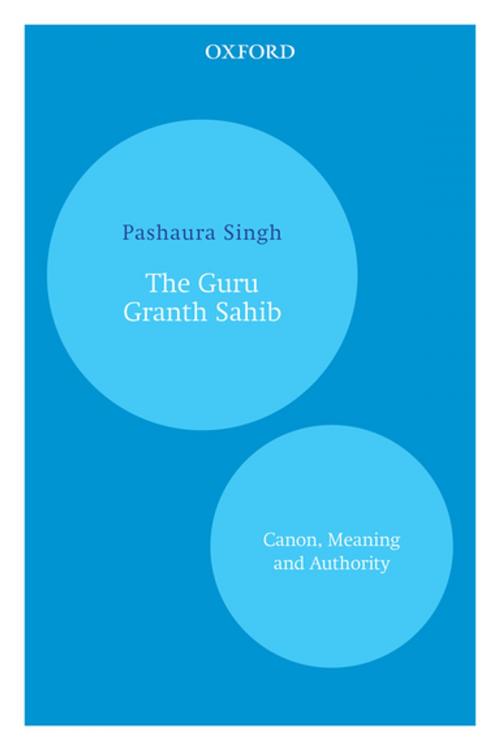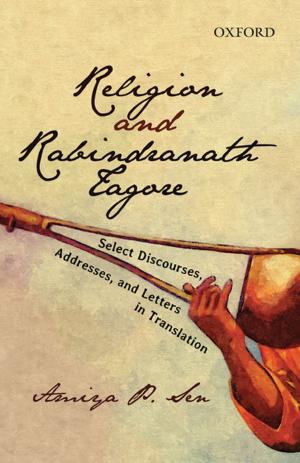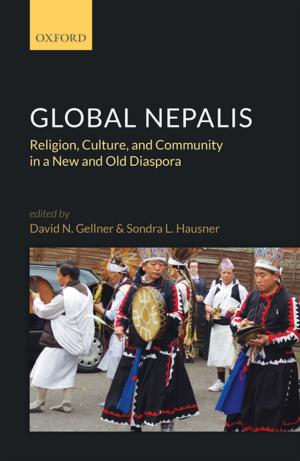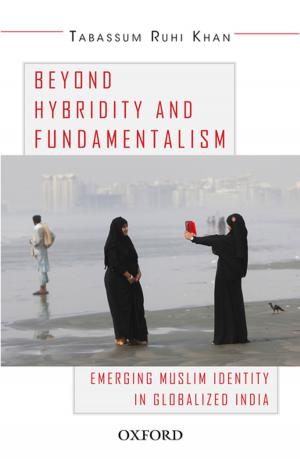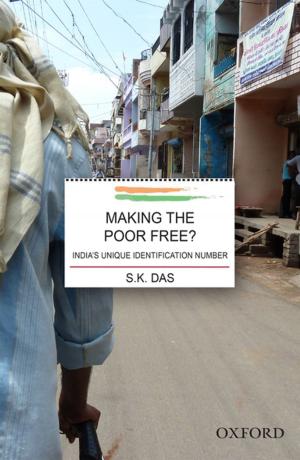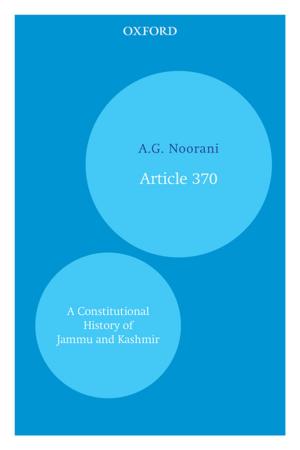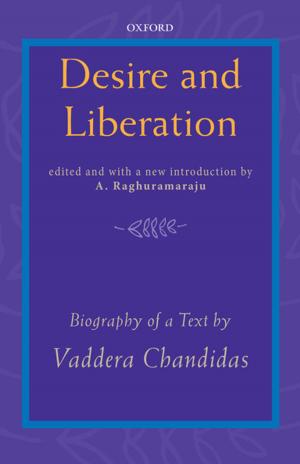The Guru Granth Sahib
Canon, Meaning and Authority
Nonfiction, Religion & Spirituality, Eastern Religions, Sikhism| Author: | Pashaura Singh | ISBN: | 9780199087730 |
| Publisher: | OUP India | Publication: | September 26, 2003 |
| Imprint: | OUP India | Language: | English |
| Author: | Pashaura Singh |
| ISBN: | 9780199087730 |
| Publisher: | OUP India |
| Publication: | September 26, 2003 |
| Imprint: | OUP India |
| Language: | English |
This book examines three closely related questions in the process of canon formation in the Sikh tradition: how the text of the Adi Granth came into being, the meaning of gurbani, and how the Adi Granth became the Guru Granth Sahib. The censure of scholarly research on the Adi Granth was closely related to the complex political situation of Punjab and brought the whole issue of academic freedom into sharper focus. This book addresses some of these issues from an academic perspective. The Adi Granth, the sacred scripture of the Sikhs, means ‘first religious book’ (from the word ‘adi’ which means ‘first’ and ‘granth’ which means ‘religious book’). Sikhs normally refer to the Adi Granth as the Guru Granth Sahib to indicate a confession of faith in the scripture as Guru. The contents of the Adi Granth are commonly known as bani (utterance) or gurbani (the utterance of the Guru). The transcendental origin (or ontological status) of the hymns of the Adi Granth is termed dhur ki bani (utterance from the beginning). This particular understanding of revelation is based upon the doctrine of the sabad, or divine word, defined by Guru Nanak and the succeeding Gurus. This book also explores the revelation of the bani and its verbal expression, devotional music in the Sikh tradition, the role of the scripture in Sikh ceremonies, and the hymns of Guru Nanak and Guru Arjan.
This book examines three closely related questions in the process of canon formation in the Sikh tradition: how the text of the Adi Granth came into being, the meaning of gurbani, and how the Adi Granth became the Guru Granth Sahib. The censure of scholarly research on the Adi Granth was closely related to the complex political situation of Punjab and brought the whole issue of academic freedom into sharper focus. This book addresses some of these issues from an academic perspective. The Adi Granth, the sacred scripture of the Sikhs, means ‘first religious book’ (from the word ‘adi’ which means ‘first’ and ‘granth’ which means ‘religious book’). Sikhs normally refer to the Adi Granth as the Guru Granth Sahib to indicate a confession of faith in the scripture as Guru. The contents of the Adi Granth are commonly known as bani (utterance) or gurbani (the utterance of the Guru). The transcendental origin (or ontological status) of the hymns of the Adi Granth is termed dhur ki bani (utterance from the beginning). This particular understanding of revelation is based upon the doctrine of the sabad, or divine word, defined by Guru Nanak and the succeeding Gurus. This book also explores the revelation of the bani and its verbal expression, devotional music in the Sikh tradition, the role of the scripture in Sikh ceremonies, and the hymns of Guru Nanak and Guru Arjan.
